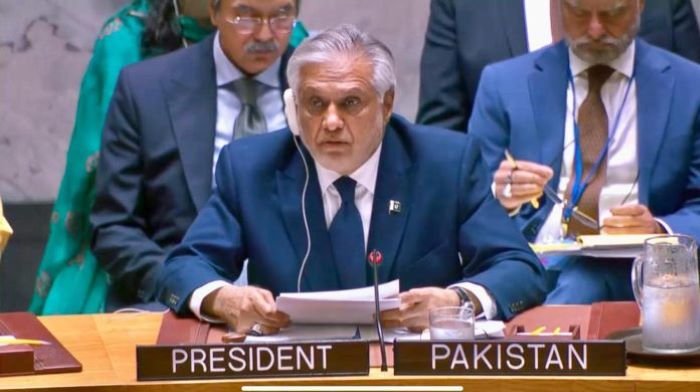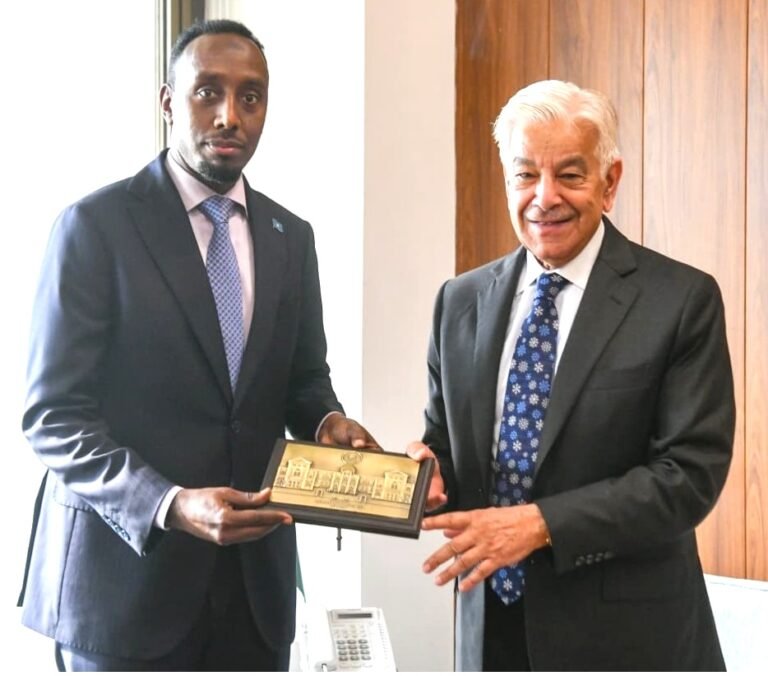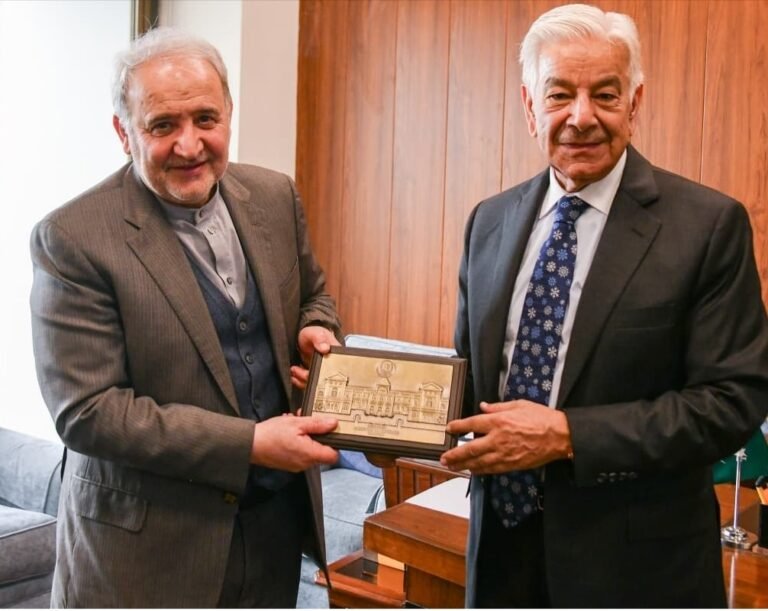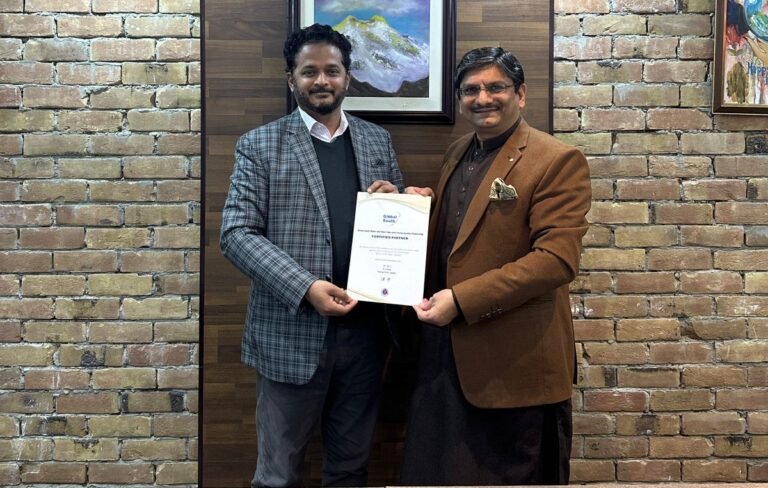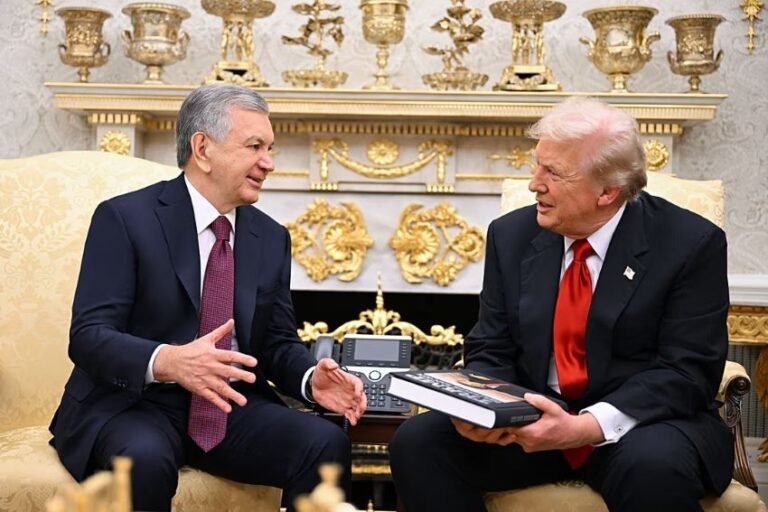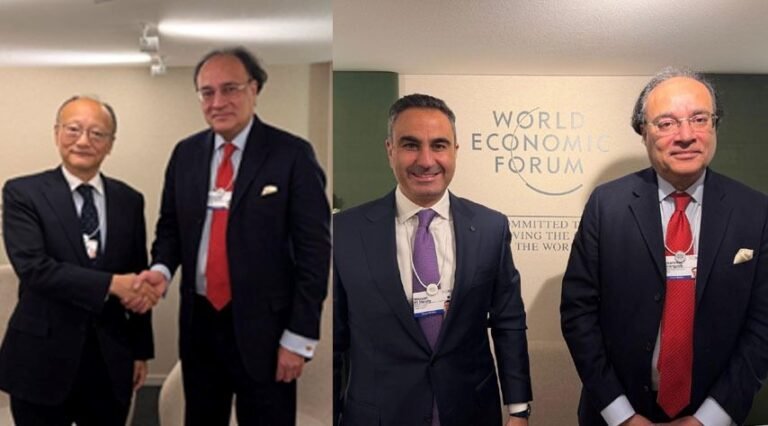United Nations (TDI): Pakistan has strongly criticized India’s decision to unilaterally suspend the Indus Waters Treaty, warning that such actions jeopardize the water security of more than 240 million people and undermine decades of diplomatic engagement.
Deputy Prime Minister and Foreign Minister Ishaq Dar delivered the warning while presiding over a United Nations Security Council (UNSC) debate focused on promoting international peace and resolving disputes through multilateralism on Tuesday.
Addressing the gathering, Dar described the 1960 Indus Waters Treaty as a landmark in conflict-resolution history, calling it a rare example of sustained dialogue between two rivals. However, he condemned India’s recent actions, saying they amount to using water as a weapon.
“This is not just a violation of a treaty, it’s a direct assault on the survival of millions who depend on the Indus River system,” Dar stated firmly, urging the United Nations to respond and reinforce its commitment to peaceful settlement frameworks.
Dar made these comments shortly after the UN Security Council passed Resolution 2788, a move aimed at strengthening peaceful conflict resolution across the globe. Pakistan welcomed the resolution, describing it as a timely reminder of the UN Charter’s core purpose.
Read More: Dar in US to Chair Key UNSC Debates on Peace and Security
In his address, Dar emphasized that settling disputes through dialogue isn’t just a noble idea, it’s essential in today’s increasingly unstable world. He didn’t mince words when criticizing what he called the “pick-and-choose” way in which international law is sometimes applied.
To strengthen the UN’s role in conflict prevention, he suggested expanding the mediation tools available to the Secretary-General, especially in long-running disputes that have seen little progress. He said the UN must move beyond routine statements and take practical steps before situations spiral out of control.
In today’s session, presided by me on Pakistan’s behalf, the UN Security Council unanimously adopted Pakistan-sponsored Resolution 2788, on “Strengthening Mechanisms for the Peaceful Settlement of Disputes.”
— Ishaq Dar (@MIshaqDar50) July 22, 2025
The resolution urges greater use of UN Charter Chapter VI tools… pic.twitter.com/BngnrYkm4y
Dar also voiced concern about how “bilateralism” is sometimes used as a cover to avoid action, particularly when one party refuses to come to the table. In those cases, he argued, the principle of peaceful resolution shouldn’t be abandoned just because talks aren’t happening.
Referencing the crises in Palestine and Indian Illegally Occupied Jammu and Kashmir, he said these situations illustrate what happens when the world looks the other way. Dar reaffirmed that Pakistan stands for diplomacy and peaceful engagement, and that its foreign policy is shaped by respect for sovereignty, equality, and non-interference.
Read More: Dar to Meet US Secretary of State Marco Rubio on July 25
He reiterated Pakistan’s willingness to engage in dialogue with its neighbors but emphasized that peace requires mutual sincerity. “It cannot be a one-way street. We are ready, but it requires honest intent from all sides,” he said.
Referring specifically to Jammu and Kashmir, Dar said the territory remains on the Security Council’s agenda and is internationally recognized as disputed. He stressed that its final status must be determined in line with UN resolutions and the will of the Kashmiri people.
“No token gestures can replace the right of Kashmiris to determine their own future, a right guaranteed by the United Nations,” he added.
Farkhund Yousafzai is an Associate Editor at The Diplomatic Insight.
- Farkhund Yousafzai
- Farkhund Yousafzai
- Farkhund Yousafzai
- Farkhund Yousafzai

